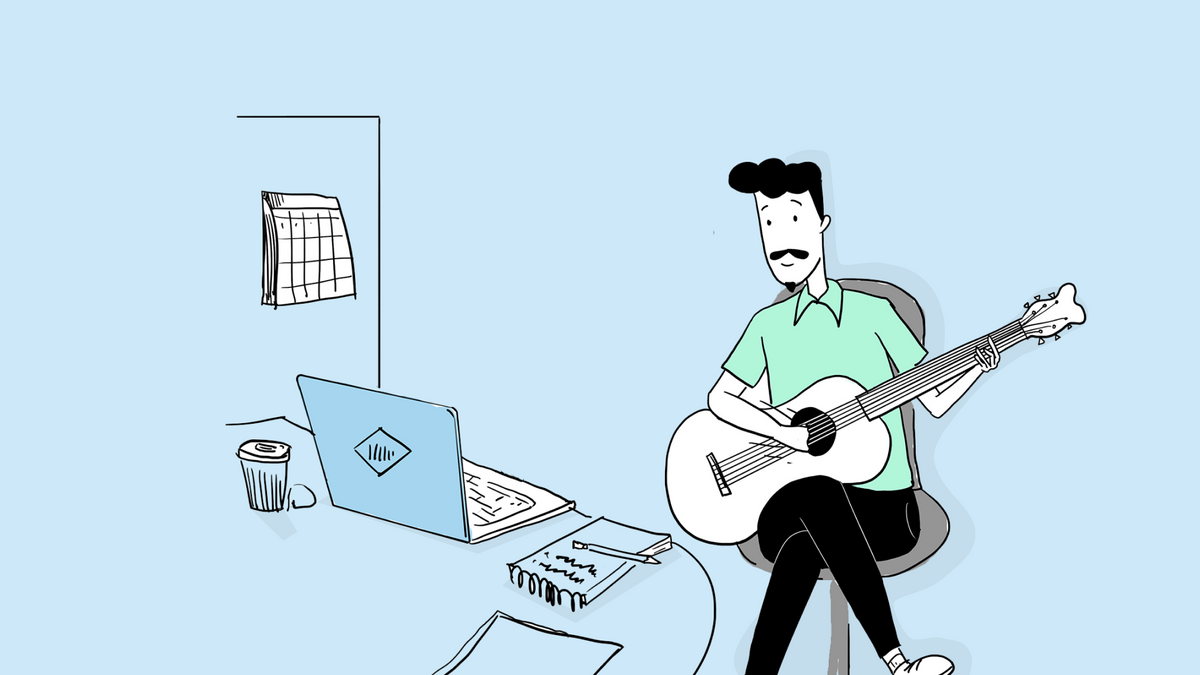Let's face it. None of us were really prepared to face work life, or think about productivity and breaks when the pandemic hit. It was more about trying to shift to remote working overnight, aligning timings with teams in the absence of a physical office, or simply communicating with colleagues you spent most of your waking hours with. The world seemed to be struggling as a whole with the concept of life, as we knew it, being turned on its head.
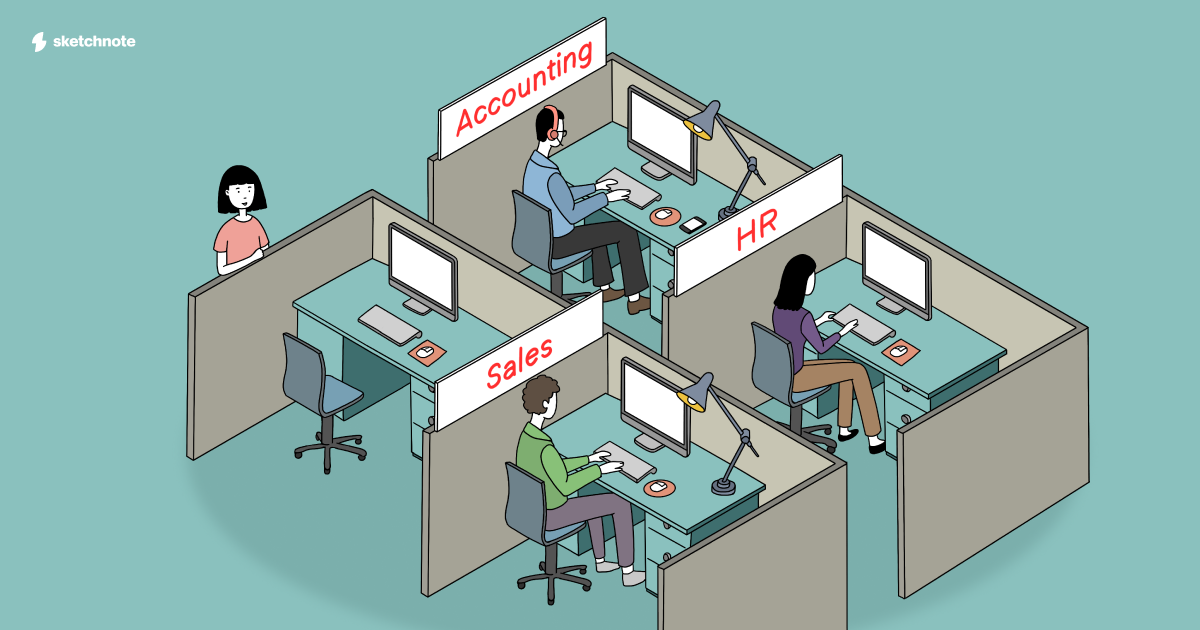
When COVID hit, I was working 10-hour shifts, churning out content, tapping away at my laptop keyboard for five days a week. It was a fairly fun schedule that had a lunch break, a few tea breaks, stopping by at a colleague's bay to chit chat, all thrown in—as normal as you'd imagine.
Back then, my idea of productivity was intrinsically linked to the number of hours I spent staring into the screen of the laptop, and later realized that this perception is quite common. We made spending long hours in the confines of our office spaces a yardstick for productivity, while the only measure of productivity is the output.
A new workday routine
But when COVID hit and turned the idea of work days completely, employees and employers were both forced to take a cold, hard look at what productivity was, really. Think of this: As an employee, you're homebound—maybe in the company of your partner, parents, or other family members who are also working remotely. There's housework to be done, food to be cooked; the lines between the personal and professional are blurred. Time and space are no longer sacred or dedicated.
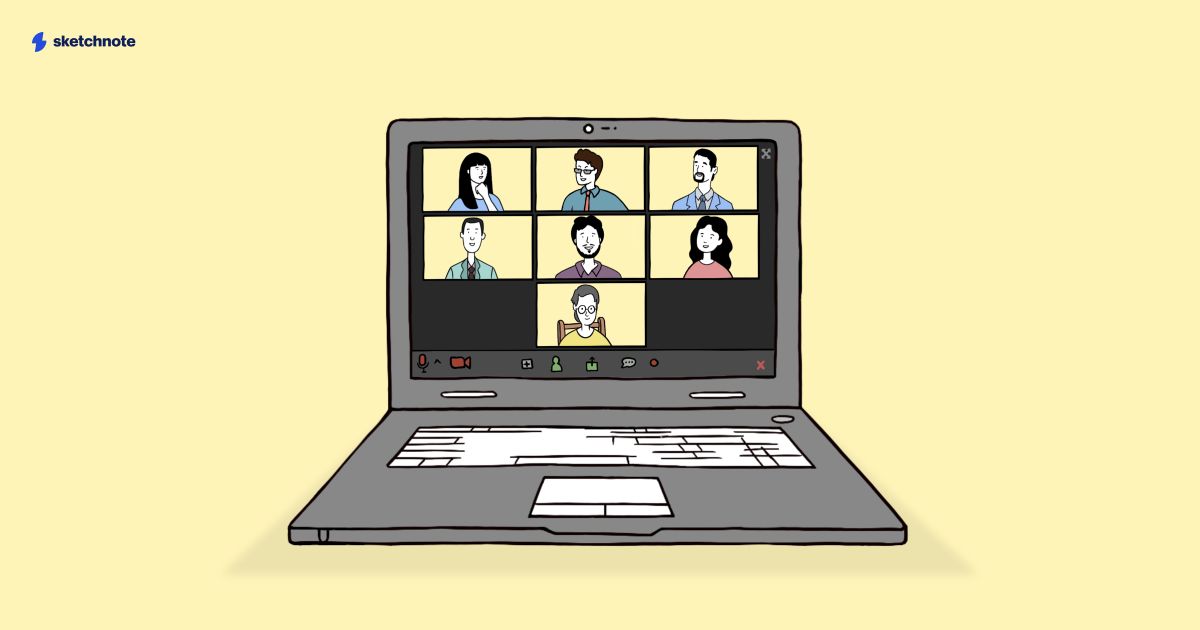
As a manager or a founder, you have the other conundrum to consider—how do I track productivity when I can't see my team and maybe call for impromptu meetings? Sure, using productivity tools and trackers help. You can keep an eye on that, call for daily standups on Zoom calls.
However, nearly two years into the pandemic, and teams have realized the need to work smarter and not harder. That taking breaks—heck, even afternoon power naps on occasion—can actually help with finding a great work-life balance, and thereby boosting productivity.
Work smarter, not harder
Right from the beginning of the pandemic, when work from home was more a compulsion than an option it's turning out to be now, experts suggested taking micro breaks to avoid burn out.
The idea of an "always online" model has had a deep psychological impact on people working from home. In fact, initial studies suggested people had been taking fewer breaks while working from home than they did working from an office. The reason can be a simple one—it's harder for everyone to time their schedules according to their team's, remotely.
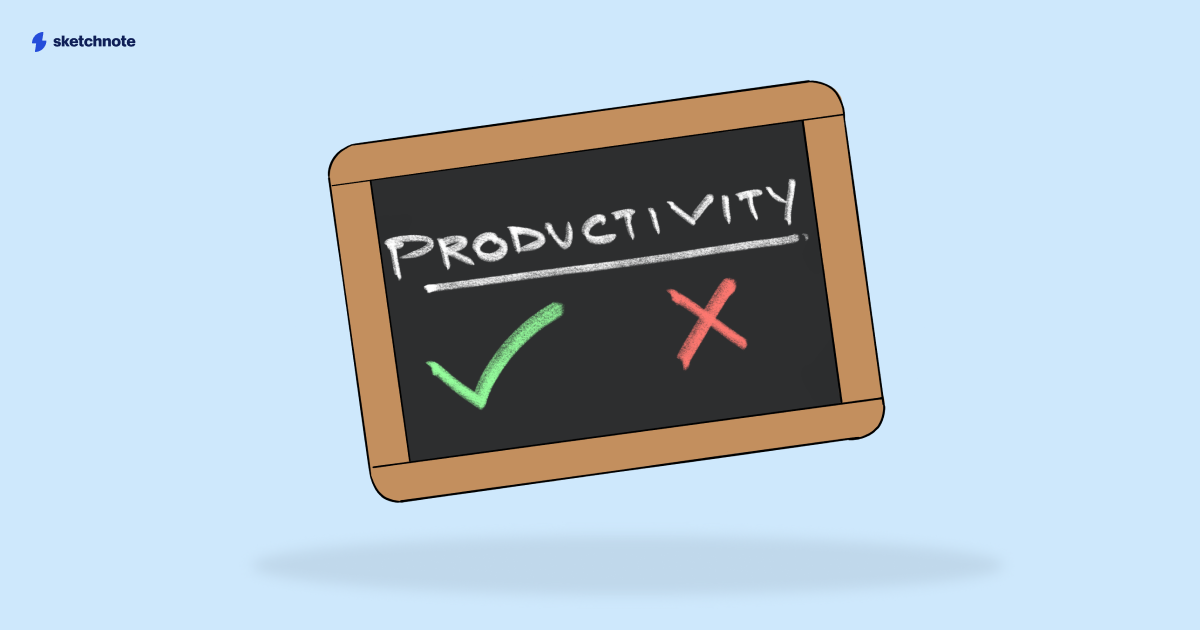
Whatever the ultimate reason, the effect has been a severe one. However, the answer has been staring in our faces, long before the pandemic hit. Studies dating back to pre-COVID eras have shown there's a direct link between taking breaks and increased productivity.
A refreshed mind will see you concentrate on your task better, have more innovative ideas, and be less prone to making errors. It's as simple as that!
Separate your work and home lives
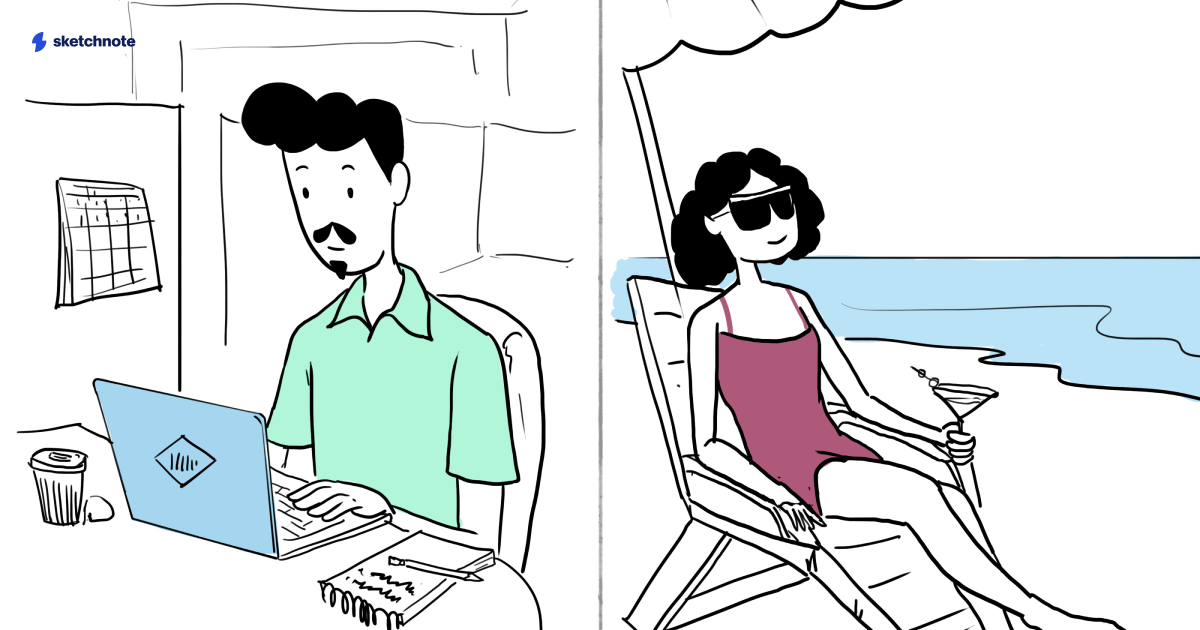
When working out of your office was a norm, the home usually became your safe space—a place you could unwind at, recharge your batteries at and escape work. However, in the post COVID era, this distinction has been removed.
However, there are some small changes you can make around your environment to avoid letting your work life and home life bleed into each other. Here are a few of them:
Never work where you would sleep or rest.
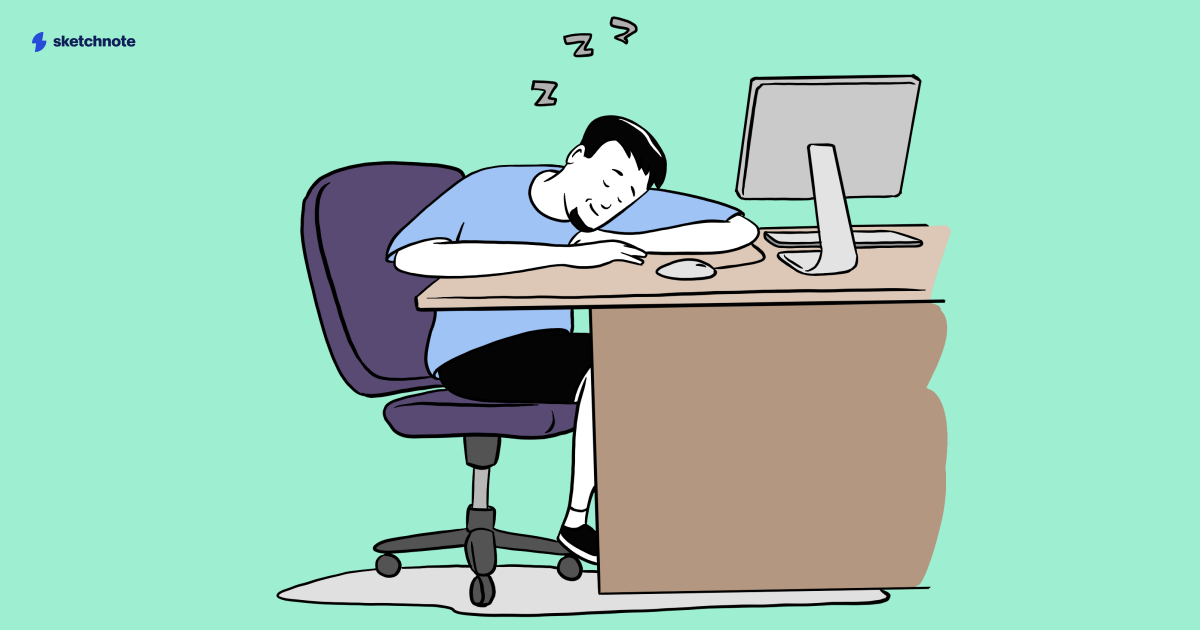
Avoid setting up a station on your bed. Even if you utilize just one part of your room for a table and chair, do it. It's best to keep your spaces apart. Mentally, this will help you relax much better when you do take a break.
A BBC report on working from your bed long term suggested that one could trigger a host of physiological and mental problems. First up, you can mess up your neck, back and spine when you don't use an ergonomic chair to work on your laptops and PCs for a long period of time.
Second, not practicing proper sleep hygiene, i.e., using your bed for resting, can be bad for your mental health and sleep cycle. Once you tell your brain that it's ok to work or watch movies, or play games in bed, it makes it harder for it to relax on that spot, causing you sleep issues in the future.
Have somewhat of a daily schedule.
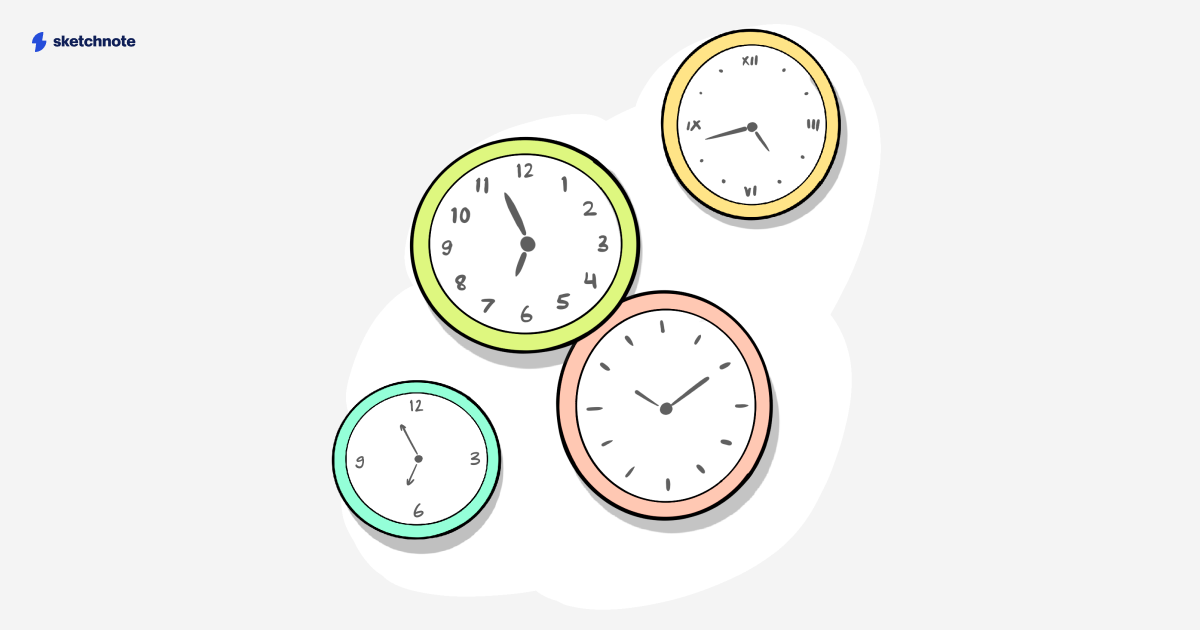
When you'd go off to work on a daily basis, you'd have a set time to wake up, do your chores and then travel to work. Replace that with another schedule where you wake up, do your chores, and then settle at your work station. Avoid the temptation to wake up and join that daily standup Zoom call immediately. Allow your mind to settle and fully wake up before diving into work.
Take some time out for chores.
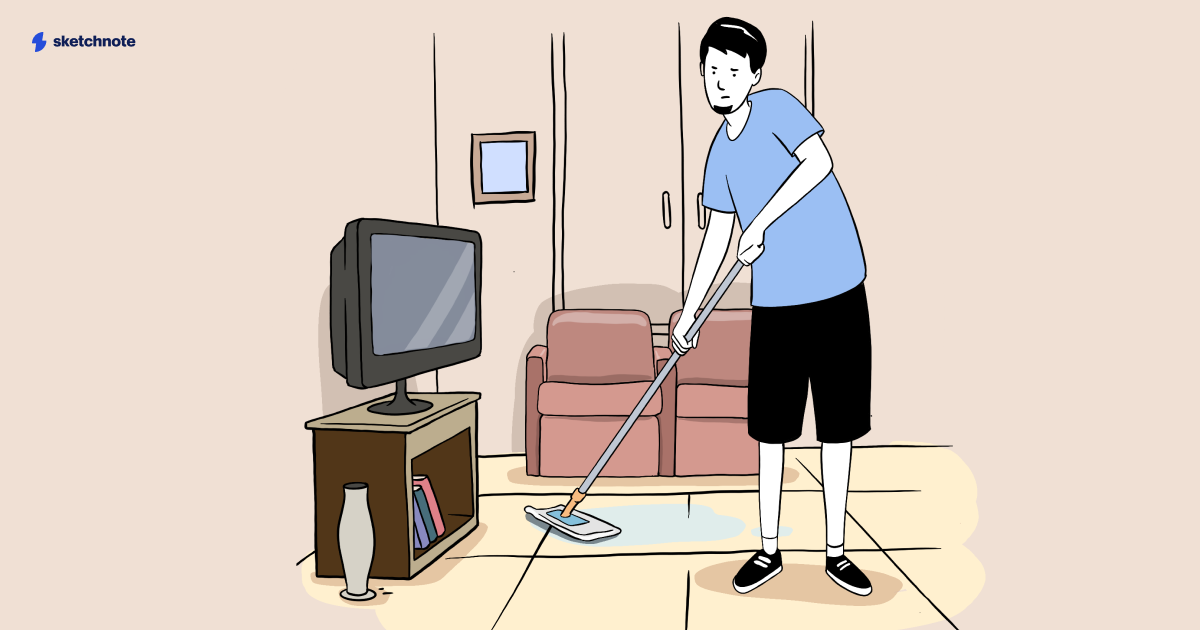
Unfortunately, work from home these days often translates into ONLY work from home. Given that there's no packing up at 6pm and traveling home involved, some teams can push their boundaries and work round the clock. It's important to be able to put your foot down when it comes to cooking food, attending to children and family, or other similar chores. Refusing to make that distinction while you work inside your own house can cause you stress. It's also unhealthy to keep work on your mind round the clock.
Step out and exercise.
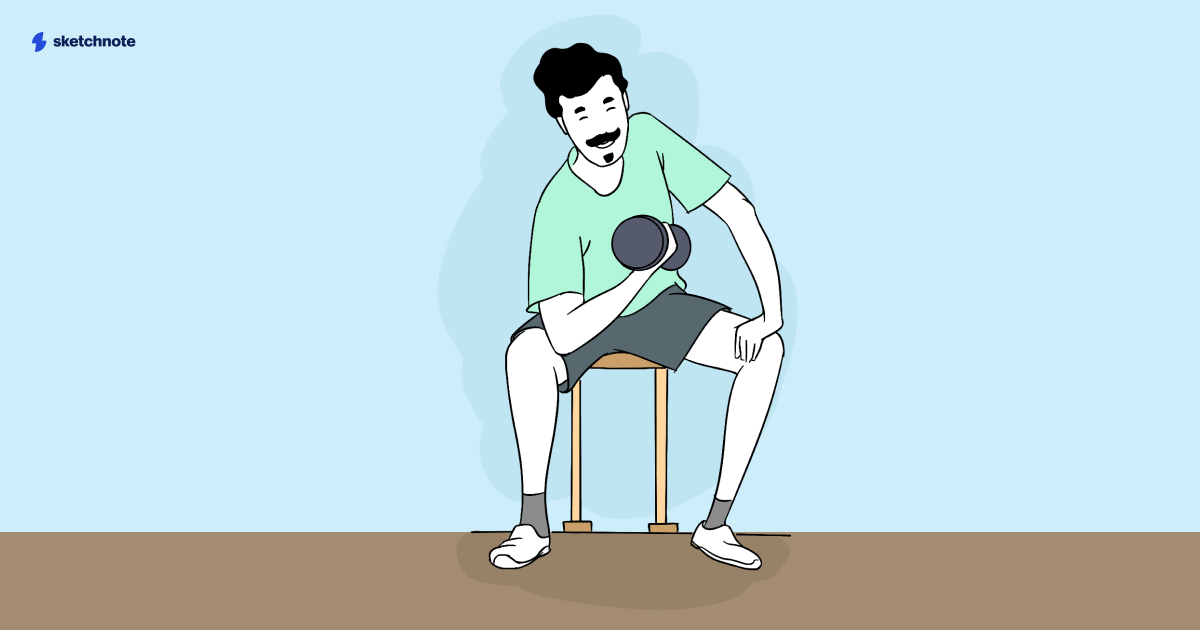
When you traveled to work, you headed out of your home, used public transport or drove. You got enough outside air and plenty sunlight. Moving to working from home doesn't mean that you need to be confined to the four walls of your house for days on end. You must try to take a walk, go out and get some sunlight, and just let your mind be free—wear a mask when you do so, of course!
Secondly, being indoors for larger periods of time means you must find more ways to give your body some exercise to do. Try to do some floor exercises and lift some light weights if you're unable or unwilling to go to a gym or can't go for runs and swims. Meditation and yoga are also great ways to not just keep your body and mind healthy, but also to rejuvenate yourself when you take a break from work.
Give your eyes a break too.
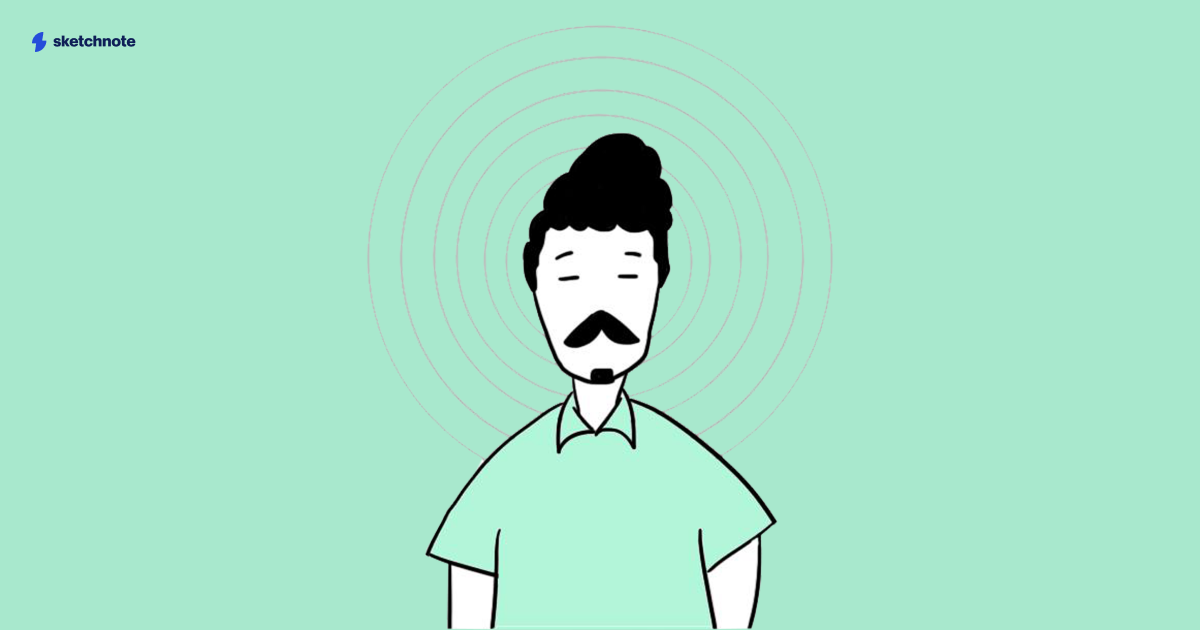
Listen to songs, an audiobook, podcasts, or just enjoy the silence, but you need to give your eyes some rest when you're working long hours from home. It's very tempting to replace one screen with the other—maybe play some Candy Crush on your phone, read a book on your Kindle, or watch a movie on the TV. But, trust us, you need some time off any and every screen. Here's where that mindfulness, yoga and meditation we mentioned will come in handy!
Take a power nap.
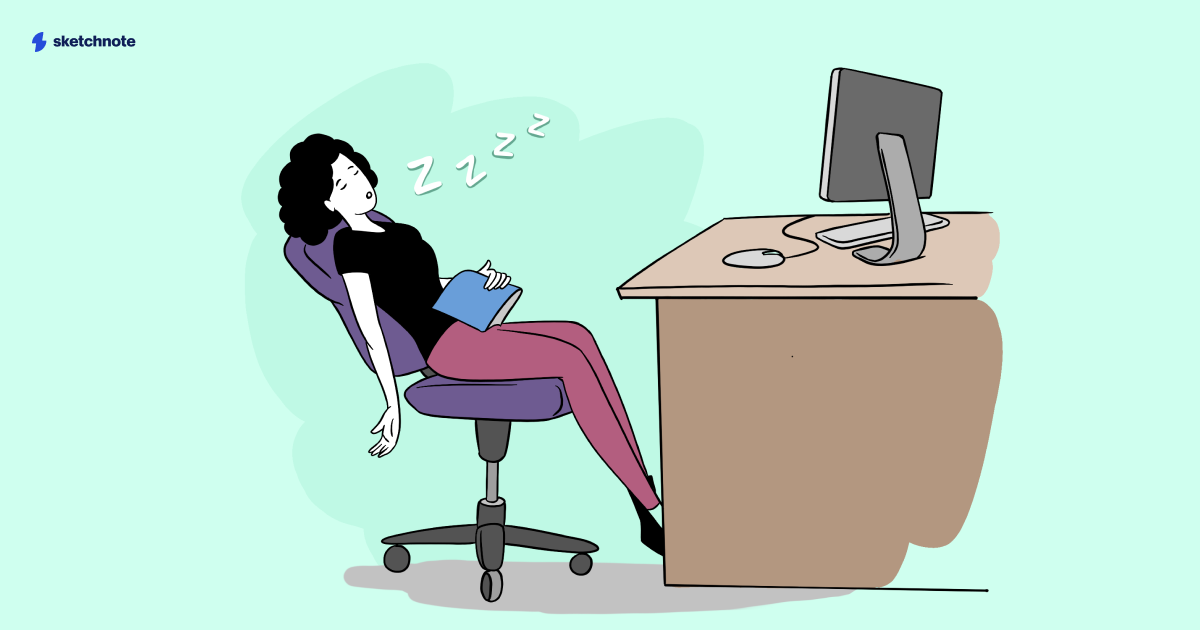
Oh yeah, we're not kidding. And this definitely isn't a new idea. Studies have shown that loads of people are now napping while working from home. And it's making them more productive! Many centuries ago, human beings used to be biphasic, which meant we slept twice in a 24-hour period. And with the advent of the lightbulb, the practice faded away, with one 8-hour sleep patch in the night time becoming the norm.
However, with work from home, daytime power naps (of an average of about 20 minutes) have become exceedingly popular. These power naps have the ability to boost brain function, makes you sharper, and strengthens your memory. What else do you want?
Allow time for your hobbies.

How many of us are guilty of abandoning our current hobbies while in global lockdown? Raise your hands! All work and no play does make Jack a dull boy. Having a side project or a creative venture, or even just a hobby that helps pass your time keeps your mind sharp and alert, and gets you going for your 9-to-5 job too.
So, pick that guitar up and play your favorite tunes, learn a new language, or paint to calm your mind. You need to hone your mind!
Longer breaks and vacations are a must
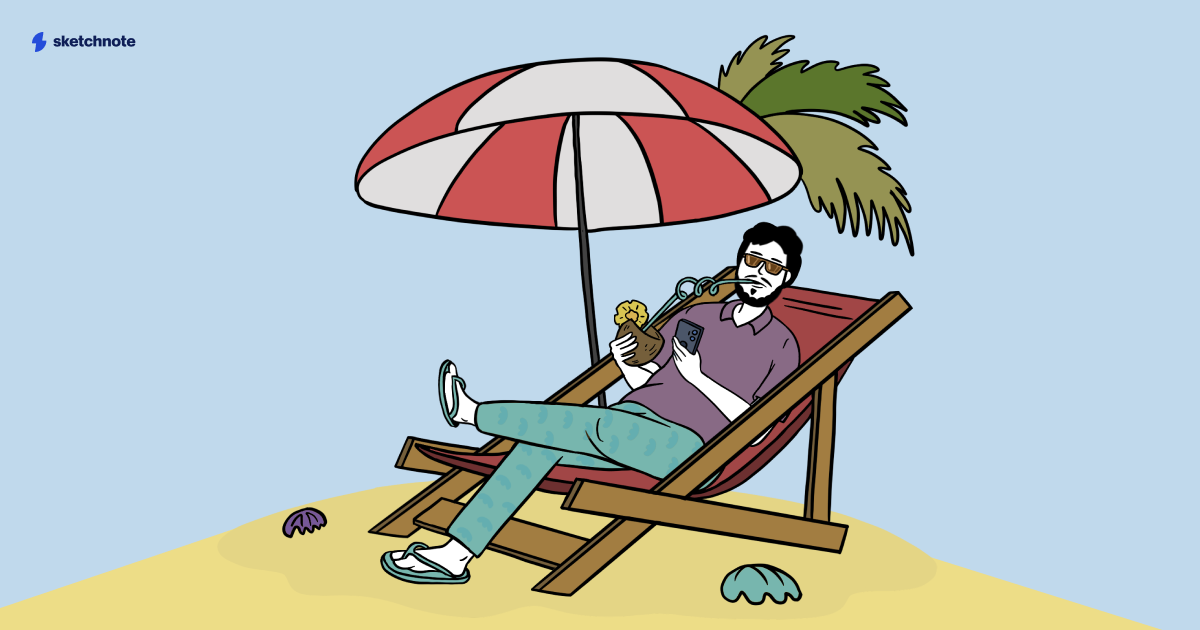
A general belief is that for every one year of continuous work, one week of vacation time is needed for your brain to recharge and rejuvenate itself. But what's the big deal about taking time off?
This is especially true if you run your own startup or are a manager—weekend breaks don't always cut it. Your brain needs to find a way to completely relax, and that's hardly possible with a weekend, when your mind's already anticipating the barrage of work it'll receive on the following Monday.
A new place, a new environment, a setting that forces you to relax is a necessity when it comes to actually taking time off, or a "break". Modern day organizations often wire us to believe that it's not just impossible to take a few days off for fear of work absolutely collapsing, it's supposed to be a vanity metric to actually say you've worked non stop for a certain number of years.
But, as human beings, it's hardly possible to sustain yourself this way. So, one needs to either take many weekend holidays—and not JUST the ones where you sit on your sofa and play Grand Theft Auto on your new PlayStation 5—or a long vacation. Never underestimate a change of setting!
Don't let work into your break time
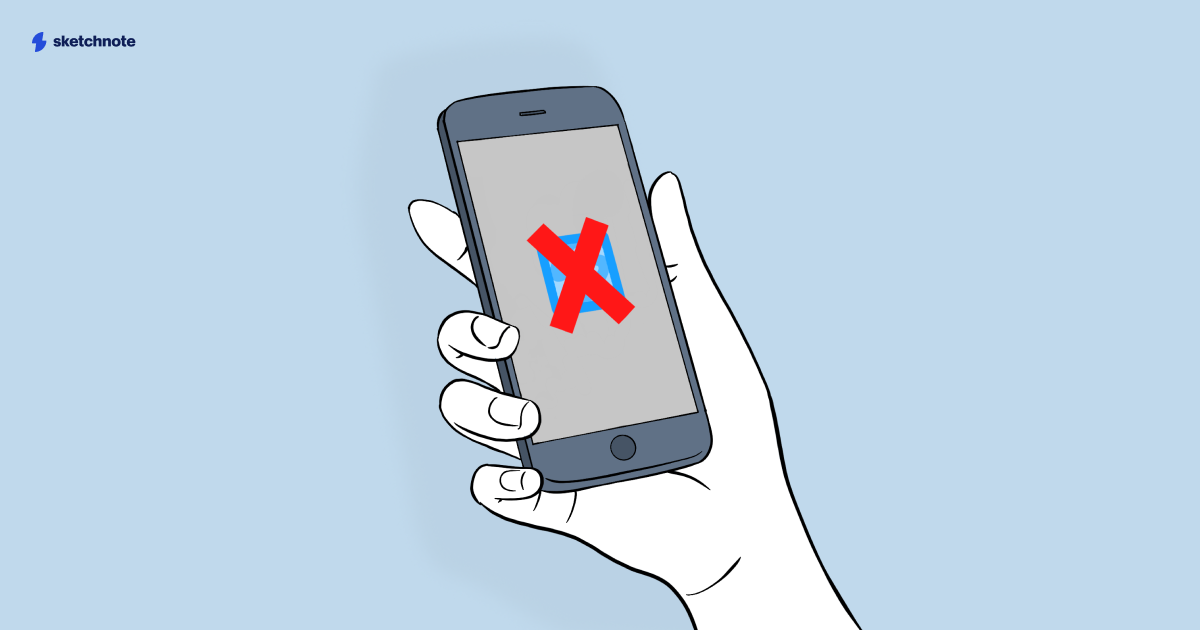
When on vacation, or really when you're taking some time out for yourself in the middle of a workday, it can be tempting to just check that email, or respond to that one text. How many of us can truly say they haven't stopped their lunch to reply to that Slack message?
It's hardly a healthy habit. And we suspect you already know this!
At work, it's easy for people to see that you're not on your seat and are out stretching your legs or having a cup of coffee. But not quite when you're at home. However, most team messaging systems like Slack have the option to put up a status that says you're away from your keyboard. It's best to use it from time to time and reclaim some space away from your work.
You can also use a Pomodoro timer to maintain a healthy work-life balance schedule throughout the day. With this technique, you get to take a small break for every 25 minutes you work, and a larger break for every four rounds of the Pomodoro. It's shown to be an extremely effective method of time management, minus the stressors, and has been in use since the 1980s.
Finally, remember, taking a break doesn't translate into completely unplugging yourself off work. You've afforded this break after working hard. The human mind requires time off every few hours to recharge itself, and a rejuvenated mind is less prone to making mistakes and is full of ideas! See you on the other side of your break!



